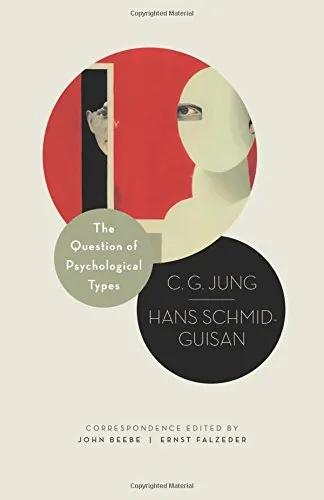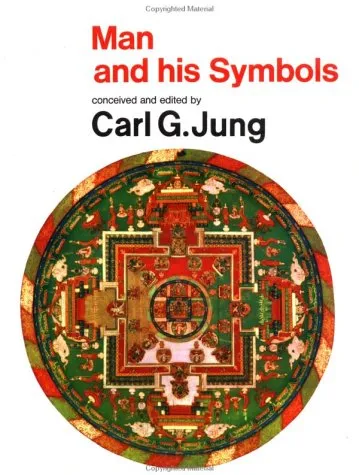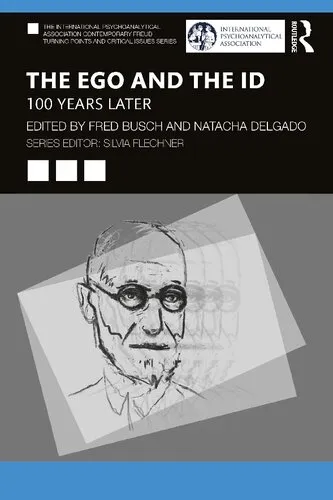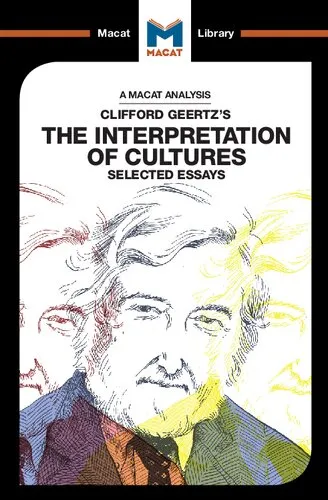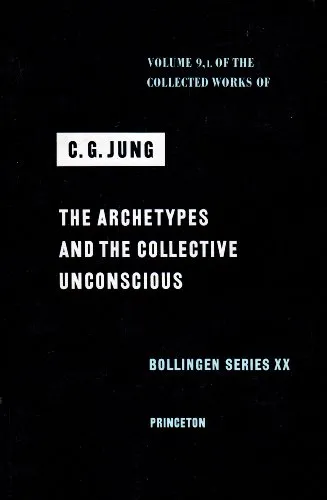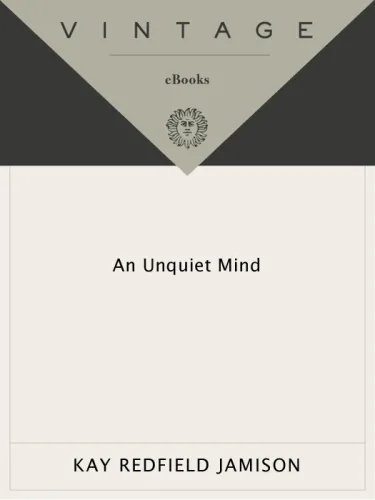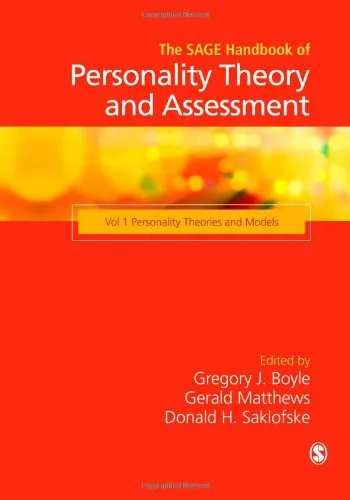The question of psychological types : the correspondence of C.G. Jung and Hans Schmid-Guisan, 1915-1916
4.5
Reviews from our users

You Can Ask your questions from this book's AI after Login
Each download or ask from book AI costs 2 points. To earn more free points, please visit the Points Guide Page and complete some valuable actions.Related Refrences:
Introduction
The correspondence between C.G. Jung and Hans Schmid-Guisan from 1915 to 1916 represents a seminal exchange in the understanding of psychological types, delving deeply into the intricacies of human psychology and laying the groundwork for one of Jung's most influential theories. This correspondence, not just an academic dialogue, reveals the profound exploration of ideas between two eminent thinkers of the early 20th century, offering readers a unique glimpse into the development of Jungian psychology.
Detailed Summary
The book is an extensive collection of letters exchanged between Carl Gustav Jung, the Swiss psychiatrist and psychoanalyst who founded analytical psychology, and his colleague, Hans Schmid-Guisan. Over the course of a year, these two scholars embarked on an intellectual journey discussing Jung's emerging theories on psychological types, which would later form a central component of Jungian psychology and influence fields such as personality psychology and psychotherapy.
In their correspondence, Jung and Schmid-Guisan explore various psychological concepts, including introversion and extraversion, elements that later become cornerstones in Jung's classification of psychological types. Their dialogue reveals the rigorous process of scientific discourse, as they challenge each other's ideas, provide counterarguments, and refine definitions and concepts over time.
The letters offer rich insights not only into their scholarly considerations but also into their personal beliefs, struggles, and ambitions. This behind-the-scenes look at the interaction between Jung and his contemporaries illustrates the dynamic and ever-evolving nature of psychological science and captures a pivotal moment in the history of psychology.
Key Takeaways
- The Birth of Psychological Typology: Learn how Jung's theories on psychological types evolved through rigorous academic exchanges with his peers.
- Introversion and Extraversion: Discover how these foundational concepts were debated, defined, and polished over time, becoming essential tools in understanding human personality.
- Theoretical Development: Witness the intellectual process of theory formation and the collaborative efforts that shaped modern psychology.
- Personal Insights: Gain an understanding of the personalities and motivations of two significant figures in psychology.
Famous Quotes from the Book
"Every advance in culture must be made at the cost of considerable losses."
"The demands of most people are limited to the need to adapt themselves smoothly and advantageously to the ever-changing daily situations."
Why This Book Matters
The correspondence between Jung and Schmid-Guisan is of profound historical and educational value. It illustrates the depth of analysis and inquiry necessary to develop theories that can transform understanding in a field as complex as psychology. Their letters provide a firsthand account of the thought processes behind Jung's seminal work, "Psychological Types," which continues to influence countless psychological assessments and personal development tools used today, such as the Myers-Briggs Type Indicator (MBTI).
Moreover, this book is not merely about the scientific exploration of human psychology; it is a testament to the collaborative nature of intellectual progress. It highlights the effectiveness of dialogue in refining ideas and presents a model for how modern scholars can engage with complex theoretical concepts through thoughtful discourse.
The writings serve as both historical documents and inspirational texts, offering insights that remain relevant in contemporary discussions about personality, identity, and the human condition.
Free Direct Download
You Can Download this book after Login
Accessing books through legal platforms and public libraries not only supports the rights of authors and publishers but also contributes to the sustainability of reading culture. Before downloading, please take a moment to consider these options.
Find this book on other platforms:
WorldCat helps you find books in libraries worldwide.
See ratings, reviews, and discussions on Goodreads.
Find and buy rare or used books on AbeBooks.
1381
بازدید4.5
امتیاز0
نظر98%
رضایتReviews:
4.5
Based on 0 users review
Questions & Answers
Ask questions about this book or help others by answering
No questions yet. Be the first to ask!
